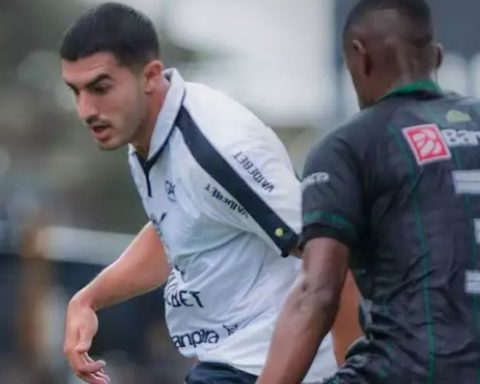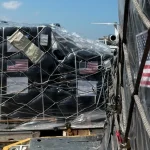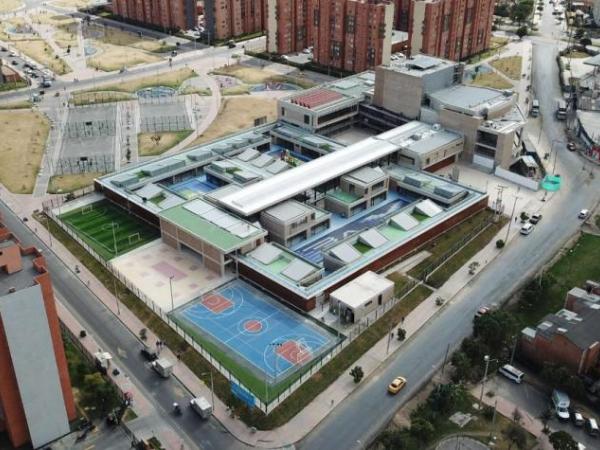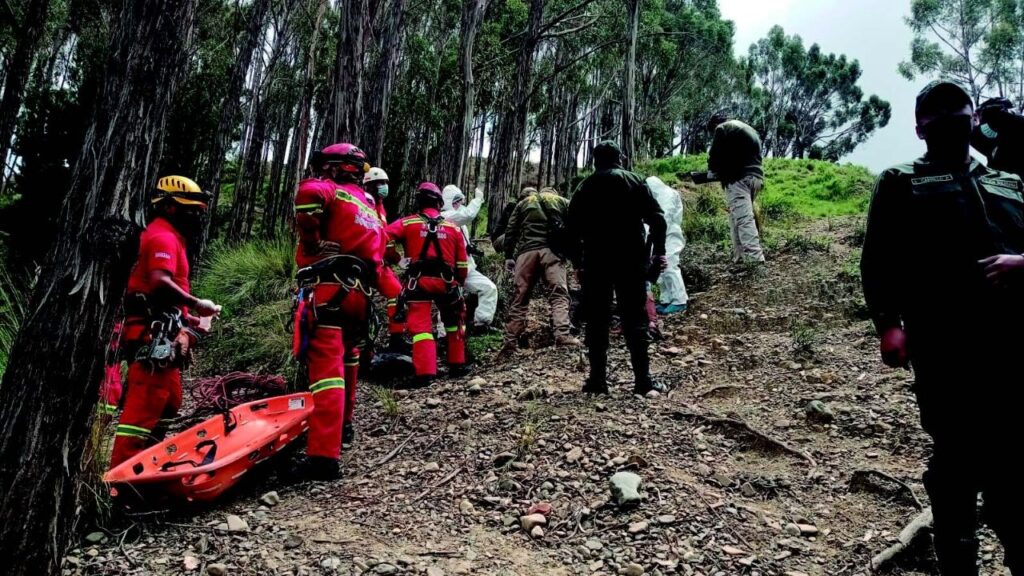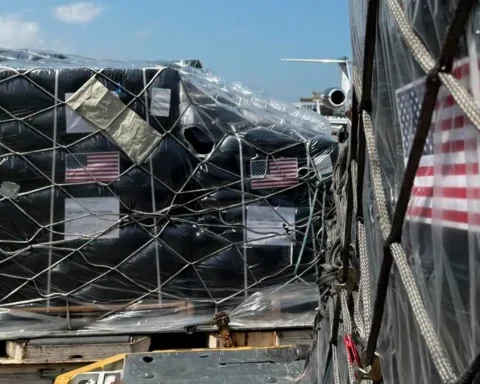The survey “Shots in the Future: Impacts of the War on Drugs on the Municipal Education Network in Rio de Janeiro” showed that 74% of the city’s schools experienced at least one shooting in their surroundings in 2019. Data indicate that, among them, five units concentrate 20 or more police operations in the period. The profile of students, in large part (77%), is black in schools most exposed to violence.
The unprecedented research was launched today (7) by the Center for Security and Citizenship Studies (CESeC), founded in 2000 at the Cândido Mendes University. The center develops studies and other projects in the areas of public security, justice and drug policy. Its commitment is the promotion of human rights and the fight against racism in the Criminal Justice system.
The study evaluated the relationship between police confrontations with groups that control drug sales in poor areas of the city, mainly in communities, and the impact of this policy on the student’s future income. It also analyzed the effects of the war on drugs on the school results of students in the 5th year of elementary school in the capital’s public network.
Losses
The researchers concluded that students from units installed in violent areas, which registered six or more police operations, have an average reduction of 7.2 points in performance in Portuguese and 9.2 in mathematics. “Considering the average annual gain in proficiency, exposure to violence results in a loss of 64% of the expected learning in Portuguese and in mathematics”, informs the study.
Comparing the averages of failure and abandonment of teaching units, the conclusion is that frequent exposure to shootings, with the presence of security agents, can generate an increase of 2.09% in the failure rate and of 46.4% the probability of at least one student dropping out of school.
financial effect
The learning deficit in the 5th year caused a financial loss in the productive life of the students, according to the research, of up to R$ 24,698.00, corresponding to 48 food baskets or 377 gas cylinders or 13 years of bus tickets, twice a day. day.
“This young person, when running for a place in the Unified Selection System (Sisu), is already at a disadvantage in relation to other students also in public education, due to the fact that his learning was compromised by the war on drugs since childhood. This difference is perpetuated in the productive life of the citizen, reducing the opportunity to generate income. We are talking about the maintenance of inequality and stagnation of social mobility as direct reflections of State action”, commented sociologist and coordinator of CESeC, Julita Lemgruber.
Project
Shots in the Future is the second stage of the Drugs project: how much does it cost to prohibit, designed with the intention of adding to the public debate reflection on the economic and budgetary impacts of prohibitionist legislation in the specific areas of security and justice, education, health and territory. The first phase was marked by the launch, in March 2021, of the report Um Tiro no Pé: Impacts of Drug Prohibition on the Budget of the Criminal Justice System in Rio de Janeiro and São Paulo. The work cost R$ 5.2 billion to maintain the prohibitionist policy in one year in both states.
Health insurance
The research was carried out through an agreement with the Municipal Department of Education (SME) of Rio de Janeiro. Data from the 1,577 public schools in Rio de Janeiro were evaluated, reaching 641,534 students enrolled in 2019. The year is a reference for the surveys pointed out for preceding the covid-19 pandemic, which changed school dynamics. The fact of focusing the studies on data from the capital of Rio de Janeiro is due to the unique scenario in the country due to the frequency of police operations, shootings and firearms shooting in the daily life of certain territories, even in those close to schools.
Routine
The analysis was based on information obtained from the SME about police operations that interfered with the routine of schools, such as the suspension of classes or the closing of the unit. Data from the Fogo Cruzado platform, which records occurrences of shootings in the metropolitan region of Rio, were also evaluated. that year.
“The similarity between the two groups was considered in: management complexity indicator; socioeconomic profile of families; proportion of highly educated parents; proportion of non-white students and proportion of male students. The only difference between the groups was exposure to violent events, such as police operations,” revealed the CESeC.
For the researchers, the Shots in the Future research demonstrates that the effect of the war on drugs on education is just one facet of this policy, which exposes a certain sector of the population, mostly black and poor, to a war scenario whose “only results have been waste of public money, which could be invested in life promotion policies”.
According to Julita Lemgruber, the consequences of the war on drugs in a person’s life are incalculable. She stated that the purpose of the project is to show that, in addition to the budgetary cost for the State, there is an effect on the life of the citizen. “How much their future income generation capacity and social mobility can be compromised as a consequence of this racist and classist political option operated by the State. This damage affects the future of the individual and society as a whole. And we all lost in that war,” she stated.
Pandemic
The director of the Center for Excellence and Innovation in Educational Policies, of the Brazilian School of Public and Business Administration of Fundação Getulio Vargas, professor Claudia Costin, recalled that in addition to the shootings, these students suffered impacts on learning caused by the covid-19 pandemic. “It is terrible not only for learning, but for the personal well-being of these students and the possibility of a harmonious and balanced development of children and young people, which is why the school plays such an important role, especially in children exposed to serious violence, including those with the closing of schools”, he said.
The teacher highlighted that these children who live and study in conflict areas do not have the same conditions to follow classes in the remote system as a middle-class student. “For those who live in a community, it’s not just the issue of violence, the house is inappropriate for the process of learning at a distance. These children end up on the streets, exposed to the virus and even violence.” She also recalled that during the pandemic, the recruitment of children and young people by drug dealers and militiamen also increased.
Claudia Costin, who was Minister of Federal Administration and State Reform between 1985 and 1989 and Municipal Secretary of Education in Rio from 2009 to 2014, defended the adoption of public policies in the conflict regions. “It is essential that, at this moment, state and municipal public policies look at these areas with affirmative actions. All full-time school improvement should look at these communities first.”
Military police
In a note to Brazil Agencythe Secretary of State for the Military Police said that the corporation has a central and permanent mission to defend society in Rio. It guaranteed that police actions follow strict protocols of action and technical precepts of training and guidance.
“One of the exponential goals of the Military Police is the preservation of lives, whether those of the general population or the police officers involved in the actions. We also emphasize that the option for confrontation is always a decision made by criminals who, armed with weapons of war and extremely inconsequential conduct, threaten the lives of police officers and do not take into account the extreme danger they pose to local populations,” he said.
Civil police
Also in response to Brazil Agency, the Secretary of State for the Civil Police of Rio reported that all operations of the current administration are based on the pillars of intelligence, investigation and action. “They have achieved a constant reduction in the rates of violence recorded by the Instituto de Segurança Pública, with results, in some sectors, that are the best since the beginning of the historical series”.
EMS
The Municipal Secretary of Education reported that it prioritizes the safety of students and professionals and that, in August of last year, the agreement with the International Committee of the Red Cross was renewed to incorporate the Safer Access program to schools. “The program aims to mitigate risks, guide teachers and students; plan joint actions in school units and territories; prevent school dropout, among other actions”. He added that “school reinforcement exists for all schools in the network, with greater emphasis on those located in conflict regions”.




